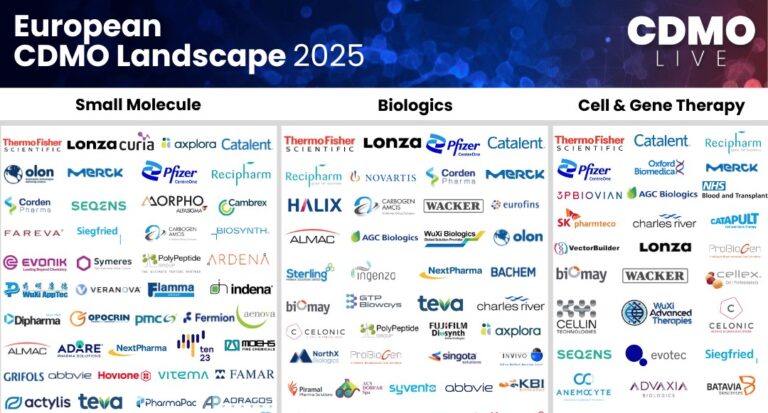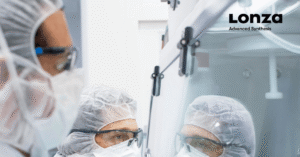- Industry report measures progress in six main areas: supply chain resilience, talent pool, R&D ecosystem, manufacturing agility, government policy and regulation, and sustainability.
- Results show growth in the industry is accelerating, but the gap between the top performers and the rest is widening.
- Supply chain resilience has improved, while manufacturing agility, government policy and regulation, and talent pool have declined.

Cytiva’s third Global Biopharma Index reports a decline in overall industry resilience amid ongoing talent shortages and increasing regulatory pressures. Every two years, Cytiva surveys 1,250 biopharma executives across 22 countries, asking them to rate the industry ecosystem on a scale of 0 to 10 across six key pillars: supply chain resilience, talent pool, R&D ecosystem, manufacturing agility, government policy and regulation, and sustainability. The global average score dropped to 5.96, down from 6.08 in 2023 and 6.60 in 2021.
Switzerland, the United Kingdom, and South Korea ranked as the top three countries in the 2025 index. South Korea climbed from twelfth position in 2023 to third place, driven by investment in digital innovation, clinical trial capacity, and R&D output. Meanwhile, the United States fell from second to fifth place due to regulatory uncertainty and policy disruption. The data indicates that economic strength has become less predictive of biopharma resilience, with some upper-middle-income countries making gains through focused investments in advanced manufacturing, regulatory reform, and innovation incentives.
While supply chain resilience is improving—with 55% of executives believing their country’s biopharma supply chains are stronger than a year ago—more than a quarter say their supply chain cannot support advanced modalities such as cell and gene therapies. The talent pool continues to pose a substantial challenge, with roughly one third of executives reporting severe or critical shortages in manufacturing, digital, AI skills, and sustainability roles. Finding high-quality partners remains difficult, with nearly half of respondents struggling to identify suitable contract development and manufacturing organisations (CDMOs), academic research institutions, and government labs.
Manufacturing agility has weakened, with one in four executives indicating their organisation would be slow or very slow to scale up production of hormone-based products, mRNA vaccines, and cell and gene therapies. Regarding government policy and regulation, 51% of executives described policy as inconsistent, whilst 50% said raising capital has become harder under current market conditions. On sustainability, almost half of biopharma executives reported their companies are missing sustainability targets, with nearly two-thirds attributing this to short-term financial pressures and competing business priorities.
Pierre-Alain Ruffieux, Chief Operating Officer at Cytiva, said: “Continued evolution and collaboration, particularly between government agencies and industry partners, is essential to ensuring the biopharma industry can meet global demands.”











